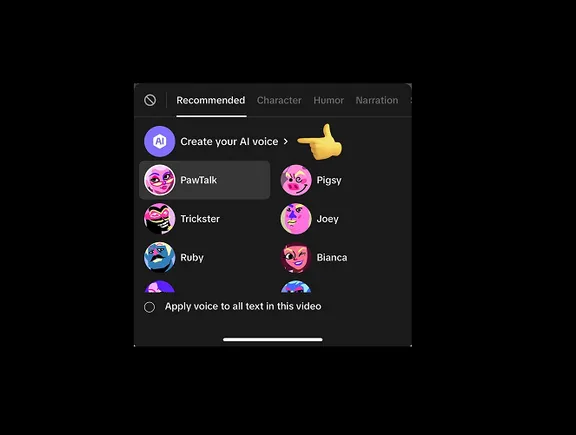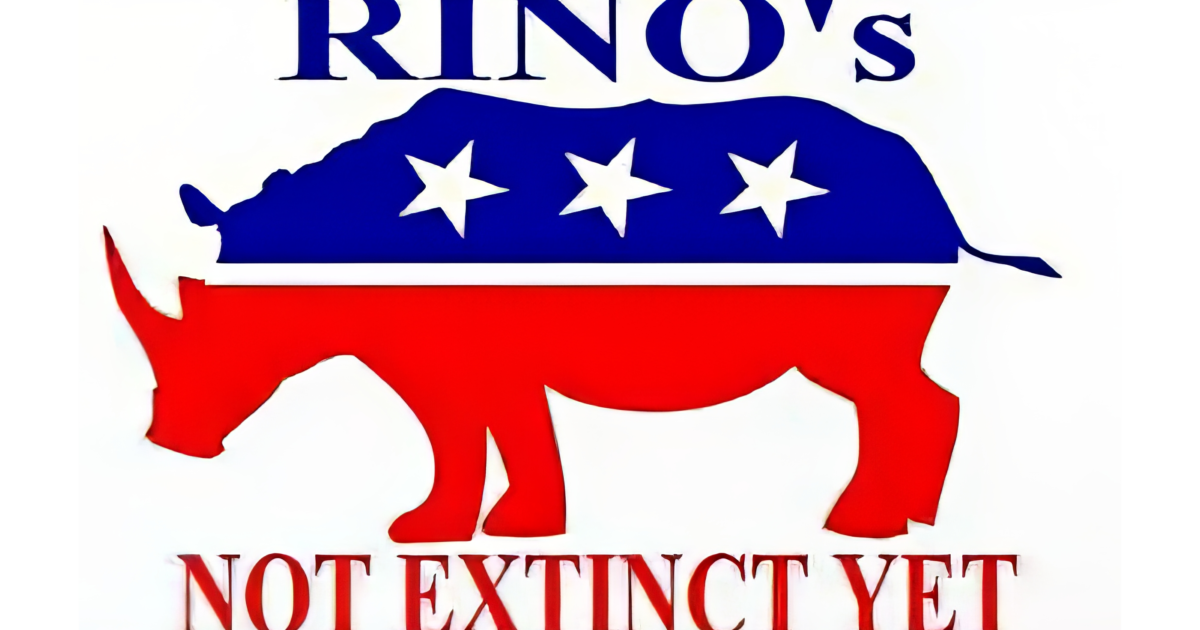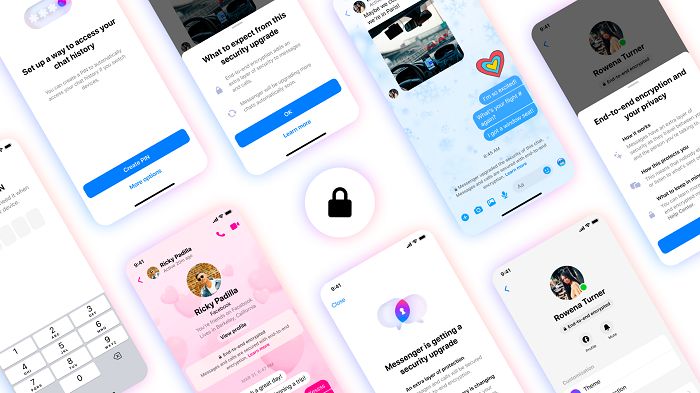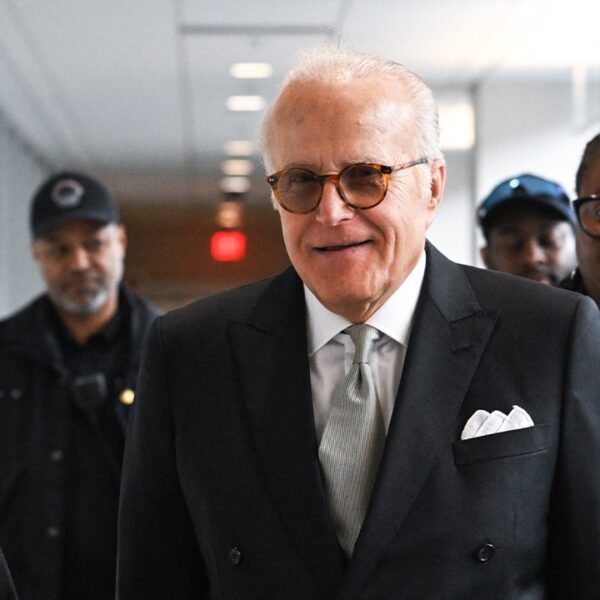TikTok’s now enabling users to create AI simulations of their own voice in the app, so that you can voice over your TikTok clips with your own digital voice, as opposed to the generic template speakers in the app.


As you can see in this example, posted by app researcher Jonah Manzano, some TikTok users now have the option to “Create Your Own AI Voice” within your video voice-over options.
When selected, the process then enables you to create your AI voice by speaking into your device. You can then use that voice on your future clips, saving you from having to strain your precious vocal chords too much, while you can also translate your custom voice-over into other languages.


The option is the result of TikTok’s parent company ByteDance’s research into AI voice replication, which is another element of its broader AI push.
Back in January, Business Insider reported that ByteDance had developed a new AI model that’s able replicate any person’s voice, with believable enough accuracy, based on minimal input.


ByteDance’s “StreamVoice” system only requires a few utterances to replicate a person’s voice in real-time, enabling you to replicate virtually any person’s speech (you can hear examples of StreamVoice outputs here).
Which also seems problematic, in that it’ll better enable more believable deepfakes and hoaxes, based on people’s real voice.
So maybe this is not actually a good addition, but for some reason, social platforms seem convinced that creating an AI version of yourself is something that people will really want to do, with Meta also now enabling creators to build AI chatbots that respond in their style and voice.


But, like, why?
Do people really want to interact with bot versions of real people, as opposed to, you know, having an actual social interaction with another human?
I mean, I get it from an efficiency standpoint. Meta says that high-profile creators can often have so many messages to reply to, and often posing generic queries, that a chatbot styled after them can be helpful in some contexts. But it’s also not social. Really, it’s the opposite of what social media was designed to facilitate, and I don’t think that fans will be overly keen to accept this as a replacement.
It does make more sense in this application on TikTok, in that you’ll then be able to use your own voice on your clips, instead of those stock bot voices that you hear on every other clip.
Language translation is also a big bonus, and there’s clearly a value there. But then again, if you’re not actually using language translation (which I’m guessing the majority of TikTok posters are not), is it really that hard to voice your own clips?
Is this a massive time saver or benefit?
I don’t know, I still feel like social platforms are searching for problems that AI can “fix”, and without clear applications for such, they’re just plugging in whatever they can, based on the technology that they’re developing.
Yet, all of these AI elements move away from the actual, human engagement core of what social platforms are built upon, and are not overly valuable as a result. Sure, they all have novelty value, but will they become enduring, ongoing value-add tools, that enhance the user experience in each app?
Again, I do think that this example is better than some of the other AI creation tools that social platforms are pumping out. But whether it’s really, actually valuable remains to be seen.














